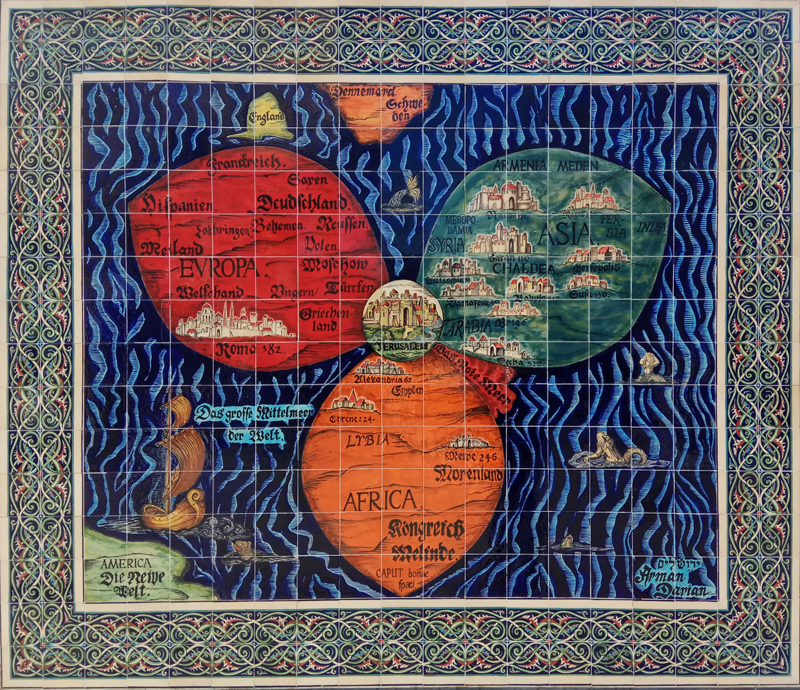
For Zion’s sake I will not be silent*
5 min. de lecture
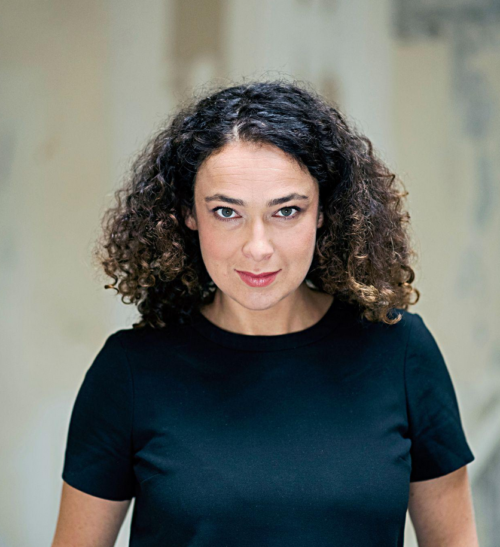

5 min. de lecture
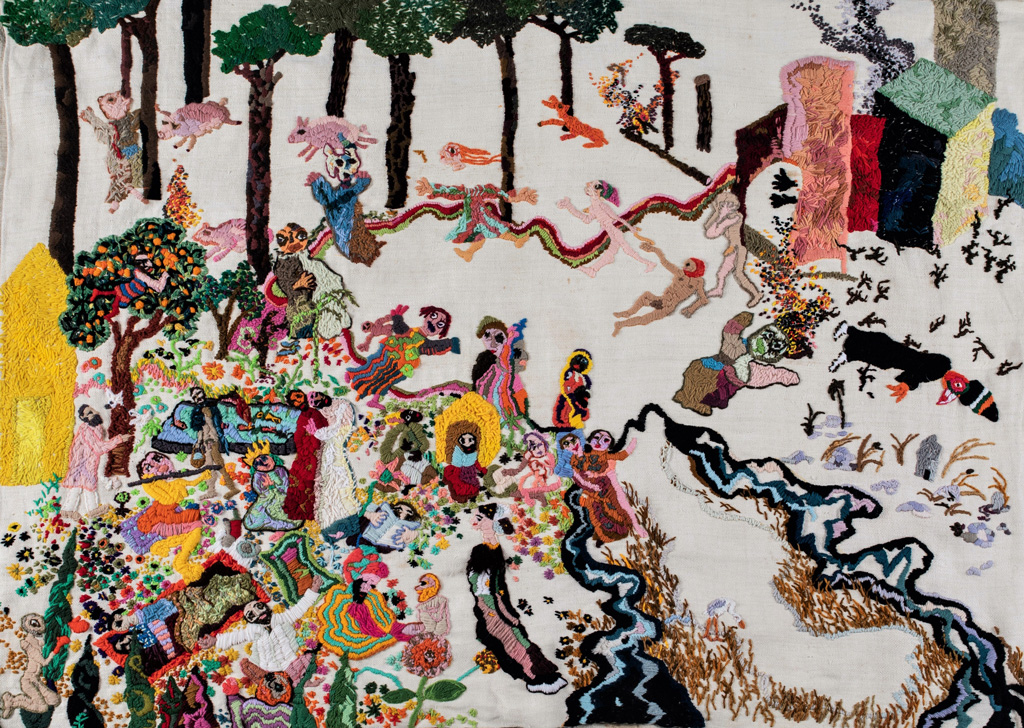
Drawing on their most recent works, philosopher Stéphane Habib invites Delphine Horvilleur and Raphael Zagury-Orly to explore and confront their conceptions of Zionism and contrast their personal experiences in an attempt to map out the issues the term carries today.
15 min. de lecture
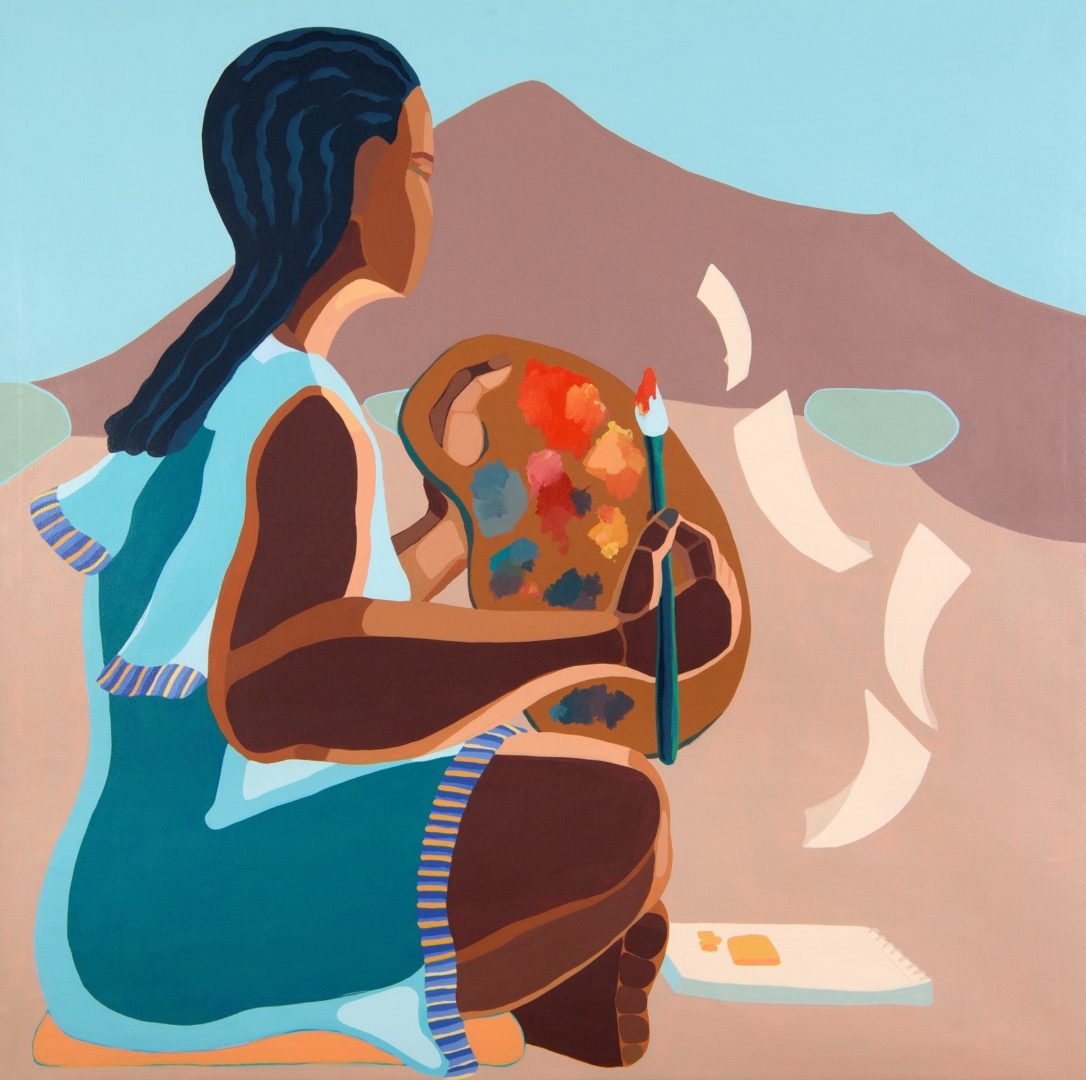
5 min. de lecture
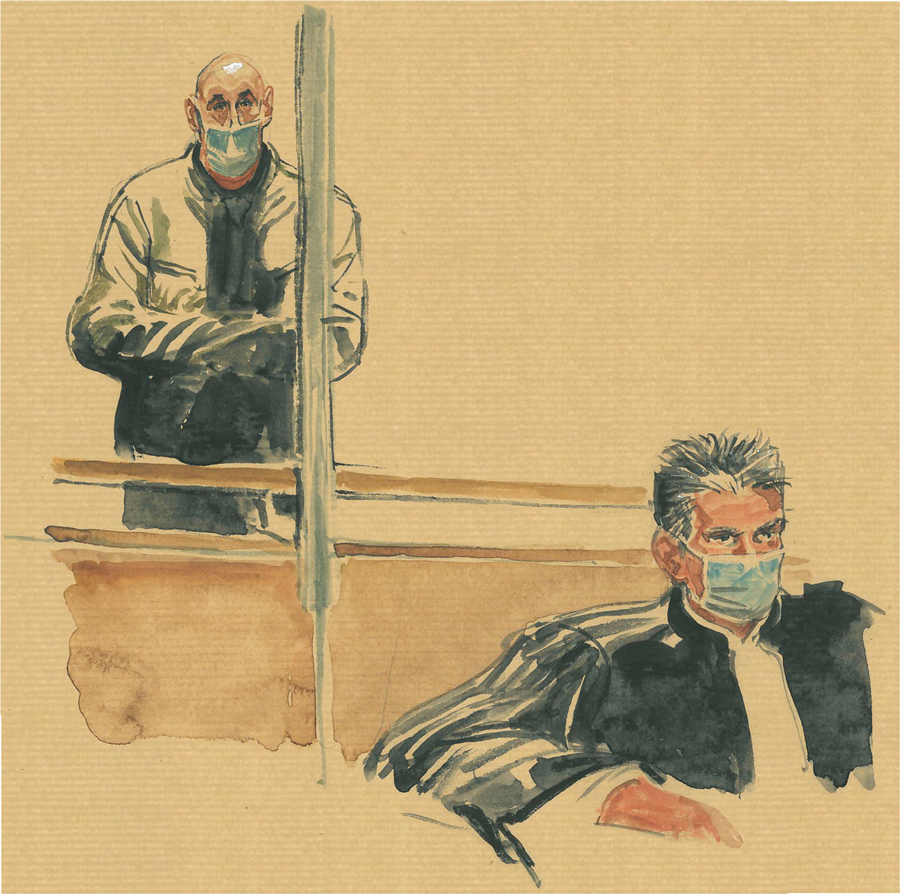
Death does not have the final word; this is called justice—a truth greater than any one person, we have learned alongside the survivors of the Charlie Hebdo, Montrouge, and Hyper Cacher attacks and the families of the victims, police officers, lawyers, court appointees, and journalists.
Excerpt of the preface by Yannick Haenel
14 min. de lecture
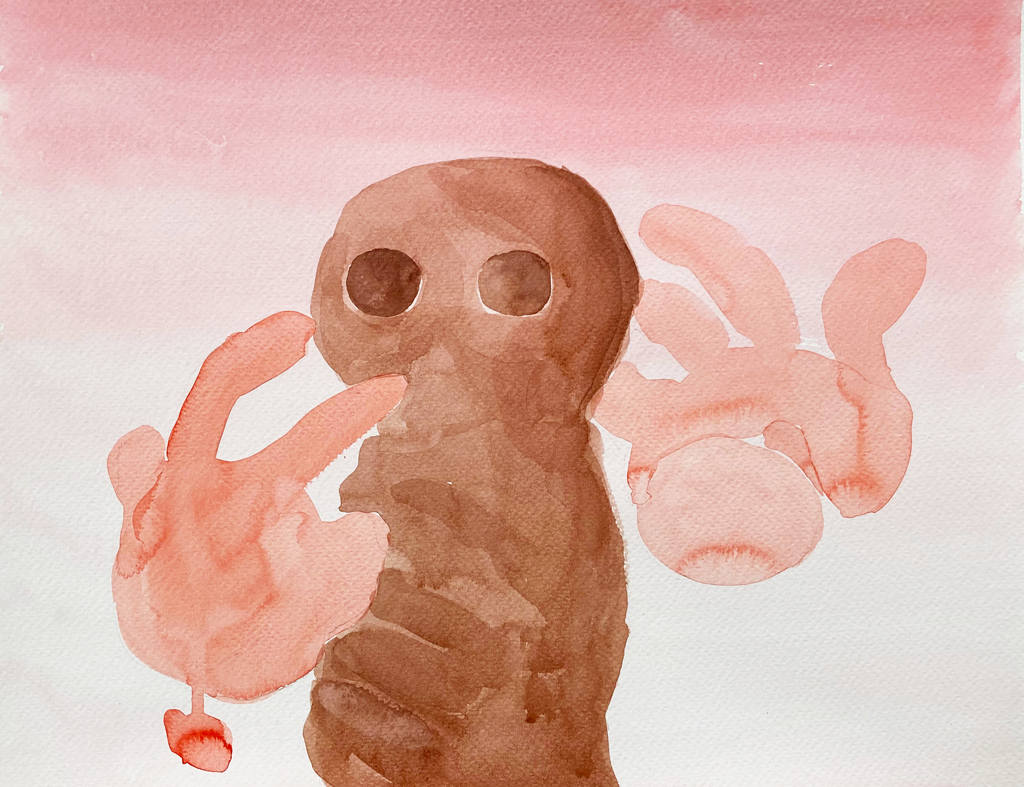
Nothing is more human than our incredible ability to construct stories, to build narratives and share them with others.
The stories we tell forge bonds and often largely define the way we perceive the world.
3 min. de lecture
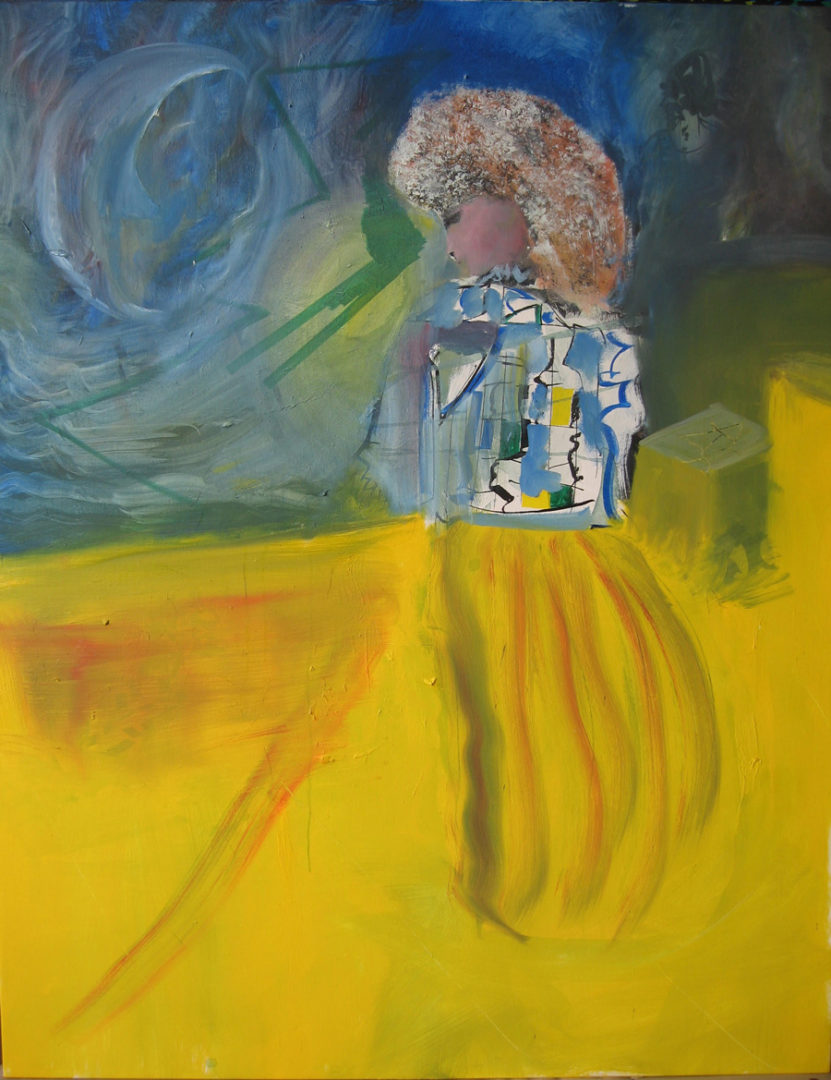
In Judaism and in every other tradition, hair is an object which is codified, framed, ritualized: an object of significance. And as is often the case, although male pilosity may figure into our discussions, it is matters of female hair that seem to draw all our attention.
5 min. de lecture
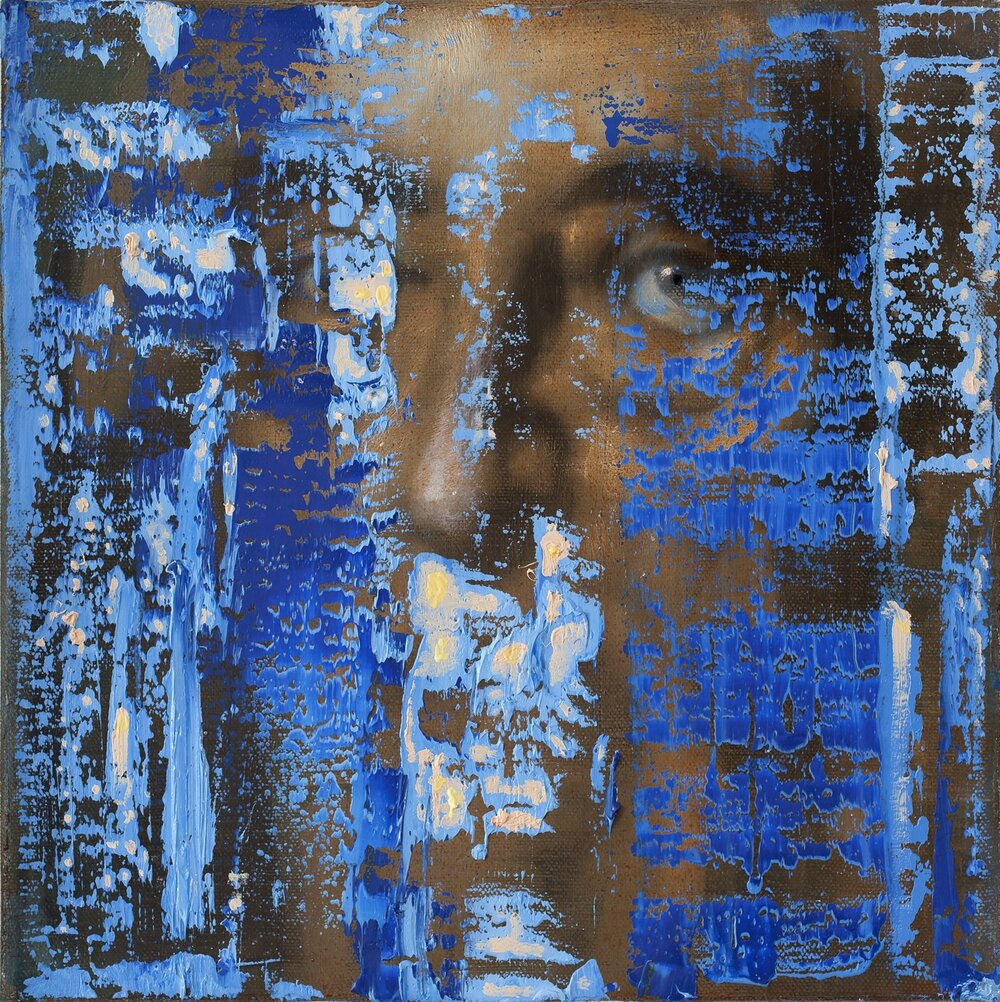
In 2012, Theseus departs the “City of the West” and embarks on a new life to escape memories of his family. He takes three boxes of archives, abandons everything else and, with his children, boards the last eastbound train of the night. He believes he is moving into the light, towards regeneration. But very quickly, his past catches up with him. Theseus perseveres. He clings to the present and resists the self-inquiry his body is demanding of him, one which threatens to throw wide the windows of the past.
From the back cover ofThésée, sa vie nouvelle (“Theseus’s new life”)by Camille de Toledo, published by Verdier in August 2020.
16 min. de lecture